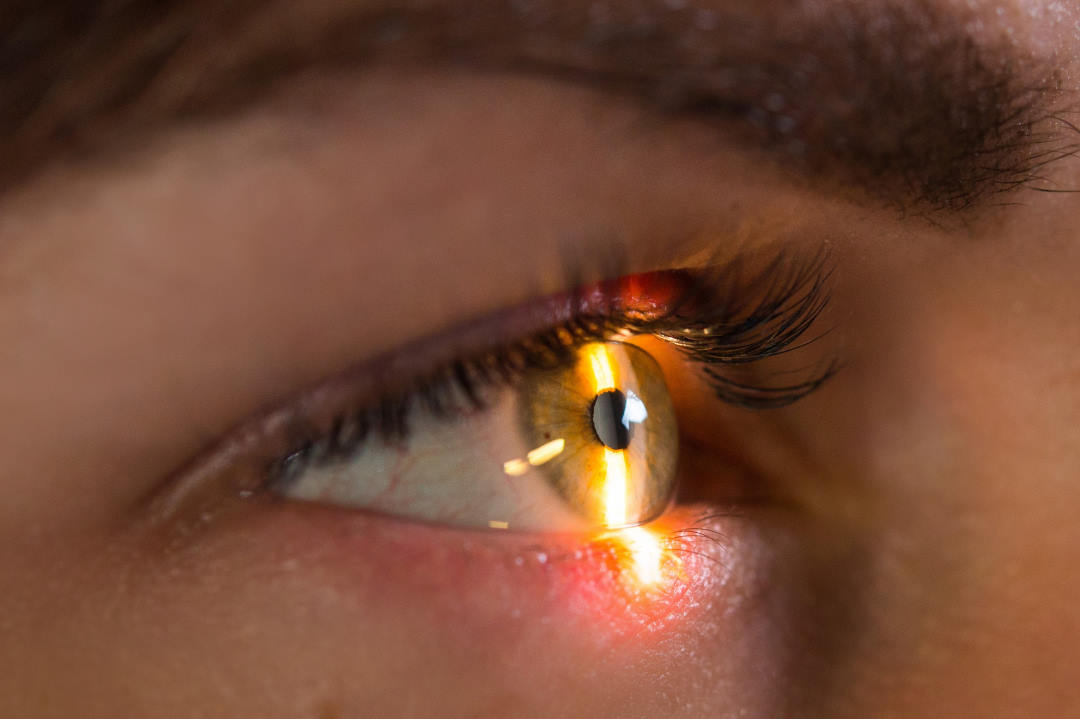Optoms responsible for vision loss
Two optometrists have been found in breach of the Code of Health and Disability Services Consumers' Rights after a woman lost sight in her right eye due to a retinal detachment. The deputy health and disability commissioner (HDC) ruled the optometrists failed to provide services with reasonable care and skill and did not adhere to legal, ethical and professional standards.
In a statement, the office of the HDC disclosed the case involved a woman who visited a clinic for a routine eye examination after seeing black, grey specs in her vision. Despite her symptoms, she was only prescribed reading glasses and advised to return in two years. Ten months later, she returned complaining of dark, blurred vision. Retinal images were taken, and she was prescribed eye drops. Five days later, she reported no improvement and a stinging sensation in her right eye. Further examination showed a slight reduction in her visual acuity, leading to a non-urgent referral to an eye specialist. The specialist diagnosed a retinal detachment and scheduled corrective surgery. Unfortunately, the woman underwent two unsuccessful surgeries, resulting in permanent vision loss in her right eye.
Deputy HDC Dr Vanessa Caldwell criticised the patient’s optometrists, highlighting their failure to provide a retinal scan when clear indicators were present and the non-urgent referral which led to a further delay in the diagnosis. She also pointed out their poor documentation practices, particularly criticising one optometrist's note-taking, which fell short of professional standards, she said.
In response to these events, both optometrists have taken steps to improve their practise, the HDC said, while the clinic in question has updated its communication practises and enhanced its diagnostic testing capabilities. Dr Caldwell recommended that both optometrists and the clinic conduct an audit of files involving retinal photography to ensure clinical observations meet professional standards.
The full report can be viewed on HDC's website under Latest Decisions. Names were withheld to protect the privacy of the individuals involved.
























